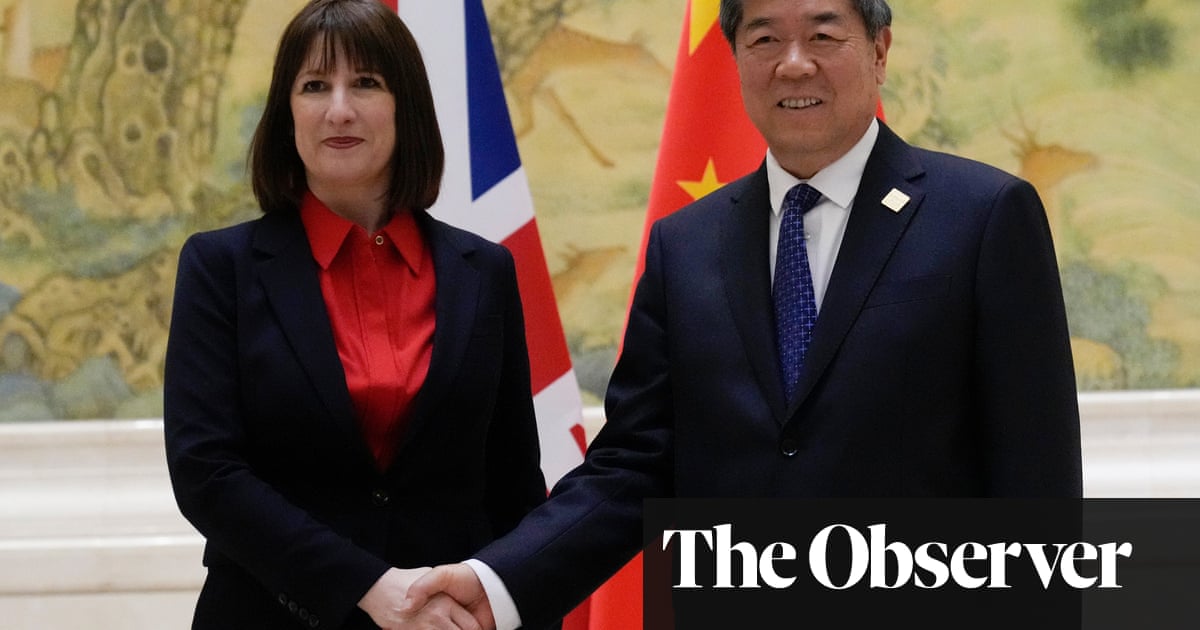In the aftermath of 9/11, the neoconservative thinker Robert Kagan published an influential book titled Of Paradise and Power: America and Europe in the New World Order. The gist of the argument was that though peace-loving Europeans prided themselves on upholding the values of a rules-based international system, they largely relied on US military might to deal with the rogue states intent on undermining it.
As the catastrophic consequences of George W Bush’s illegal war in Iraq subsequently illustrated, the thesis was flawed. Costing hundreds of thousands of lives, the US “war on terror” delivered only bloody mayhem in the Middle East. But Mr Kagan’s analysis captured something true about a de facto hard power/soft power division of responsibilities in the west. Two decades on, the future of Ukraine may depend on how a reconfiguration of that relationship plays out in a new “new world order”.
Joe Biden’s belated decision to allow Ukraine to fire long-range US missiles into Russian territory, ostensibly in response to Vladimir Putin’s deployment of North Korean troops in the Kursk region, was a morale booster for Kyiv. But it was not a gamechanger in what has become a cruel, relentless war of attrition. The potential withdrawal of American aid by an isolationist Donald Trump next year, in order to force an unjust peace on Ukraine, certainly would be. European nations urgently require a strategy to respond to that prospect.
Forging one, however, will require political clarity and leadership given multiple challenges. A sense of war weariness has become more widespread in Europe following the failed Ukrainian counter-offensive of 2023, the subsequent outbreak of war in the Middle East, and an ongoing cost of living crisis. Ahead of a snap election in February, Germany’s beleaguered chancellor, Olaf Scholz, is campaigning on his refusal to send long-range Taurus missiles to Ukraine. Moscow’s apparent launch on 21 November of a newly developed hypersonic ballistic missile at the Ukrainian city of Dnipro – albeit one armed with a conventional warhead – was also aimed at European voters fearful of further escalation of the conflict.
Against that backdrop, the Polish prime minister, Donald Tusk, is seeking to forge an alliance, including Britain, France and the Nordic and Baltic states, to resist the imposition of a fait accompli on Kyiv. There are no known peace negotiations under way between Moscow and Kyiv at present. Reclaiming all lost Ukrainian territory since 2014 might be overly ambitious. However, Europe must ensure Ukraine retains leverage in any future talks. In the event of an American U-turn on aid, Europe should provide the muscle – both military and financial – to compensate and strengthen the hand of Ukraine’s president, Volodymyr Zelenskyy, if any talks occur, and make its own voice heard.
Mr Trump has a history of transactional diplomacy. His approach to Nato allies is worrying. The continent, however, must challenge any attempt by the incoming US president to legitimise the dismemberment of a sovereign European state. Diplomatically, Mr Zelenskyy has expressed approval for the US president-elect’s “peace through strength” approach to foreign policy. But it is likely to fall to European nations to keep Ukraine strong following Mr Trump’s inauguration. In a volatile world, supporting Kyiv is crucial for Europe’s security. It must rise to the challenge by securing Ukraine’s sovereignty, deterring future Russian aggression and paving the way for lasting peace and reconstruction.

.png) 1 month ago
26
1 month ago
26













































